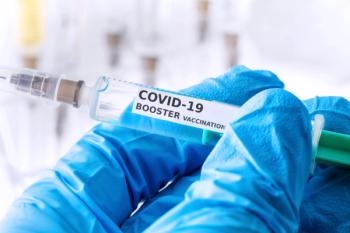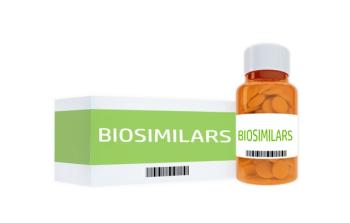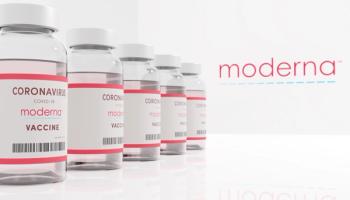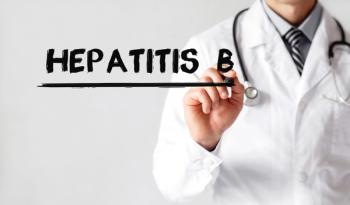
Most of the studies into socioeconomic status and obstructive sleep apnea have limitations that make causal inference difficult.

Most of the studies into socioeconomic status and obstructive sleep apnea have limitations that make causal inference difficult.

There is a bias in this country against people whose medical condition is perceived to be “their fault”– in other words, the result of their own lifestyle choices. To combat stigma and its harmful effects, there needs to be broader understanding, even among medical professionals.

Recent treatment may affect the antibody response, particularly among those with hematologic cancers.

The oral formulation of the muscle relaxant was also approved as a treatment for spasticity associated with spinal cord injuries.

New technology can be used to diagnose many sleep conditions without the need for an overnight stay at a specialized sleep laboratory, investigators say

BioMatrix Specialty Pharmacy is now included as a preferred provider in AscellaHealth’s home infusion pharmacy network.

“Long COVID” is more likely to affect older people and those who have been hospitalized, but younger people with milder symptoms are not immune to lingering symptoms. One plausible explanation is that the infection results in the activation of autoantibodies.

New technology detects changes in the brain beyond the lesions seen with normal MRI scans.

Risk is not associated with cardiovascular events such as heart attacks, Kaiser Permanente researchers report.

Though blockchain remains very much a work in progress for health insurers, one of the industry’s first significant forays into the technology is yielding promising early returns.

Drugs works by interfering with the classical complement pathway.

Findings from a randomized controlled trial reported in JAMA Internal Medicine today show that among short sleepers, adding sleep decreased calorie intake and led to some weight loss.

Special purpose acquisition companies took off as investment vehicles in healthcare. Increased regulatory oversight and some flagging stock prices may cool off the trend.

About 5,000 women living with HIV in the U.S. give birth each year.

Antibodies level went after a third dose but the response was weaker among those being treated with fingolimod than among those taking anti-CD20 treatments such as Rituxan.

The Biosimilars Forum Board of Directors recently appointed Juliana M. Reed as its new executive director and Formulary Watch got the scoop from Reed first hand.


The conclusion of the pre-print meta-analysis is that small effect of "nonpharmaceutical interventions" on COVID-19 mortality rates did not outweigh the effects of lockdowns.

A Kaiser Family Foundation survey found that all the responding programs had at least one initiative to expand behavioral health services.

FDA approved the first generic version of Restasis 0.05% eye drops to increase tear production in patients whose production is suppressed due to dry eye.

German research team finds that 11% of those who quit the drug for pregnancy had “clinically meaningful disability” one-year postpartum. They don’t advise against quitting the drug but say their findings suggest that patients should be informed of the risk.

Biden is reviving the program he headed as vice president with the goal of reducing the cancer mortality rate and improving the experience of patients and their loved ones.

A Congressional Budget Office report documented the wide range in prices paid for hospital and physician services. Hospital inpatient services were the priciest in Massachusetts and cheapest in Arkansas

Pfizer and BioNTech initiated an application yesterday (Feb. 1) for emergency use authorization (EUA) of their COVID-19 vaccine for children ages 6 months through 4 years.

Results of an AstraZeneca trial presented at a recent ASCO meeting sow hopes for a new treatment for patients diagnosed with unresectable hepatocellular carcinoma, the most common type of liver cancer.

Research shows similar results between those with HIV and those without, although 15 years post-kidney transplant, outcomes were worse for people with HIV.

FDA is requiring postmarketing surveillance studies to further assess the risk of myocarditis and pericarditis from the vaccine, which is being sold under the brand name Spikevax.

Findings reported in JAMA Network Open show that patients with chronic hepatitis B didn’t reap the benefits of price competition as the number of generic suppliers of the antiviral increased from one to 11.

Staffing challenges within the healthcare revenue cycle impede productivity, increase burnout.